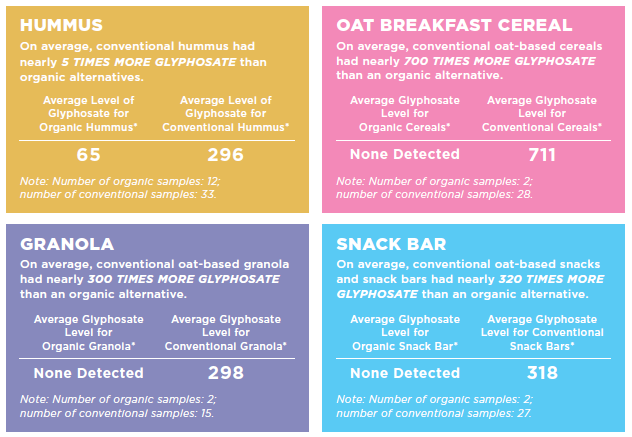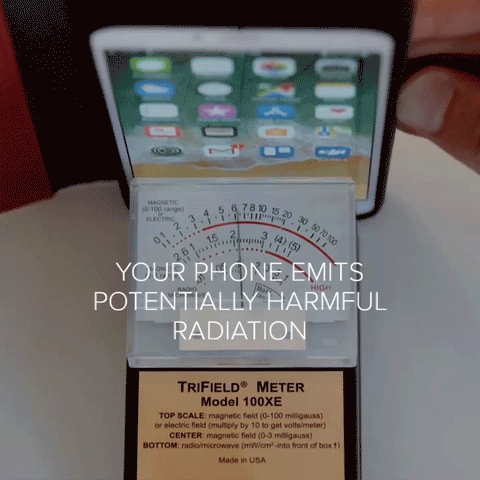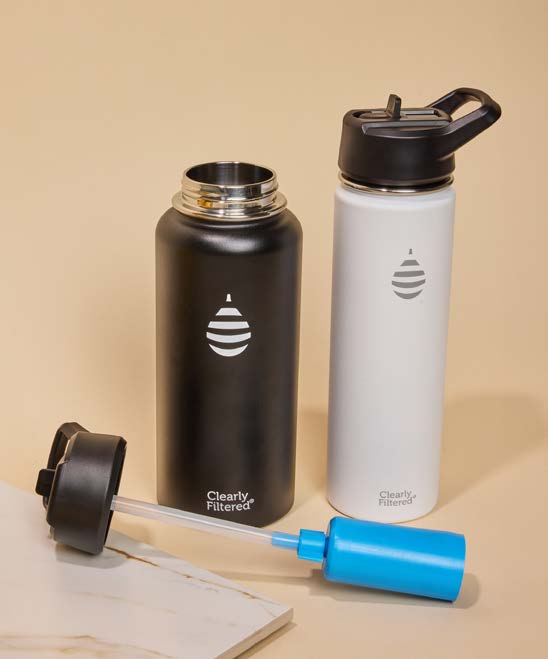How to Safeguard Your Diet: EWG’s Guide to Avoiding Glyphosate in Food

In recent years, concerns about the presence of glyphosate in our food have escalated, prompting health-conscious consumers to seek guidance on minimizing their exposure to this potentially harmful chemical. The Environmental Working Group (EWG), known for its advocacy for safer consumer products and environmental policies, has been at the forefront of researching and raising awareness about glyphosate contamination in food.
 Understanding Glyphosate Contamination
Understanding Glyphosate Contamination
Glyphosate is the active ingredient in Roundup, the most widely used pesticide in the United States. It is primarily utilized as a weed killer and is often sprayed on crops, such as wheat, oats, and soybeans, to control weed growth and facilitate harvesting. However, the widespread use of glyphosate has led to its presence in various food products, raising concerns about its potential health effects.
Shocking Findings by EWG Scientists
Recent studies conducted by EWG scientists have revealed alarming levels of glyphosate in popular food items, including cereal and hummus. The presence of this cancer-linked chemical at such high concentrations underscores the urgent need for consumers to take proactive steps to minimize their exposure.
The Organic Advantage
While glyphosate contamination is a widespread issue, opting for organic products can significantly reduce your risk. Organic farming practices prohibit the use of synthetic pesticides, including glyphosate. Although some organic samples tested by EWG showed traces of glyphosate, these levels were considerably lower compared to conventional products.
The Call for Action
EWG’s findings highlight the necessity for stricter regulations on glyphosate use, particularly banning its pre-harvest application. The drift of glyphosate from conventional crop fields to organic farms further emphasizes the need for comprehensive measures to protect consumers from exposure. Sign the petition now >
Making Informed Choices
As consumers, we have the power to influence the food industry by making informed purchasing decisions. Choosing organic whenever possible and supporting initiatives that advocate for safer farming practices can contribute to reducing glyphosate contamination in our food supply.
In conclusion, EWG’s guide serves as a wake-up call for consumers to prioritize their health by avoiding glyphosate-contaminated foods. By opting for organic products and advocating for stricter regulations, we can safeguard ourselves and future generations from the potential risks associated with glyphosate exposure. Download the guide here >
Source: https://www.ewg.org/areas-focus/toxic-chemicals/glyphosate





